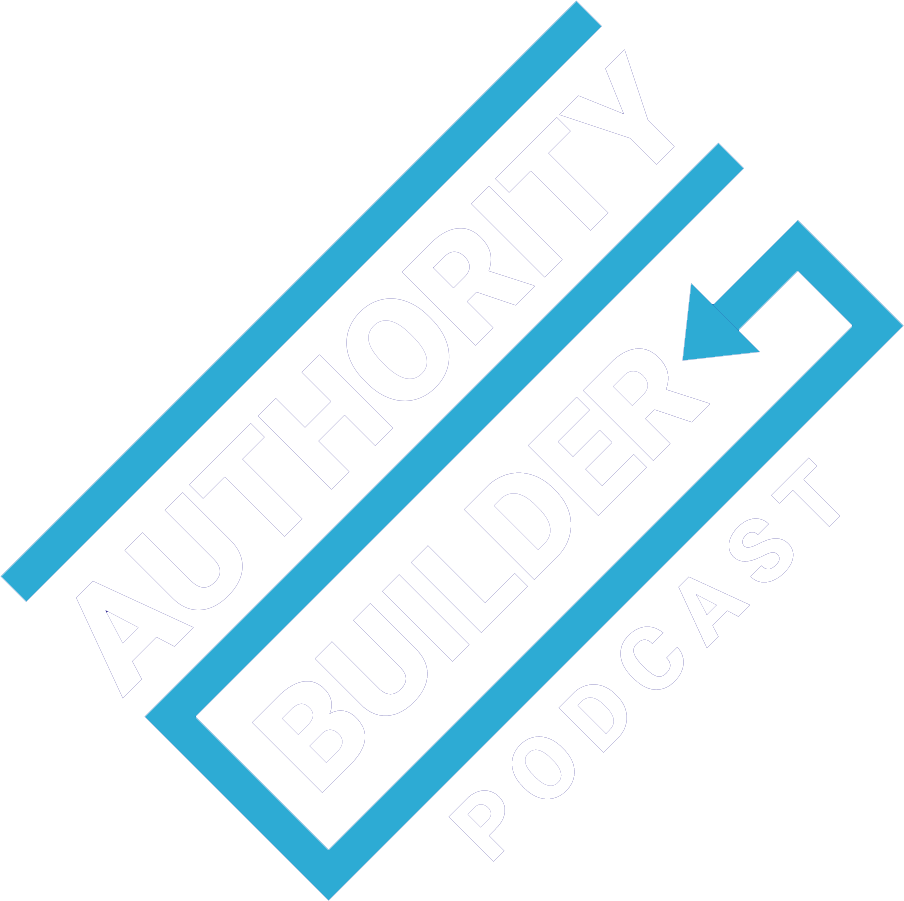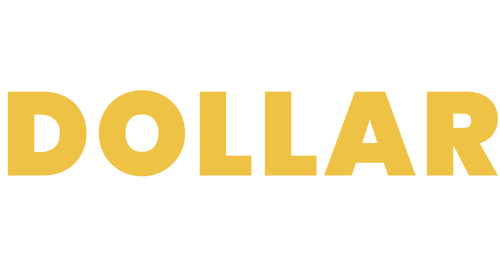Having an ambitious goal is all well and good, says my guest this week Craig Ballantyne, author of The Perfect Day Formula and creator of related business coaching programs and workshops. But, cautions Craig, a goal without a plan will get you nowhere. It’s all about preparation and consciously putting the right elements in place so you have a clear of what you must do… a support system to keep you motivated… a source of professional advice in case you get stuck… and the right push: to compel you to get to work now.
He calls them the 5 Pillars of Success. And in this episode, Craig explains how to use these simple but effective strategies to achieve breakthroughs in your business and personal life.
Listen in to learn…
- Why normal planning isn’t enough… and how to take it to the next level
- How to create tangible action steps to achieve your “big picture” goals
- Where to find the “paid pain the ass” who will keep you on track
- Two types of accountability that ensure you don’t slack off
- Ways to transform your values into goals that will change your life


